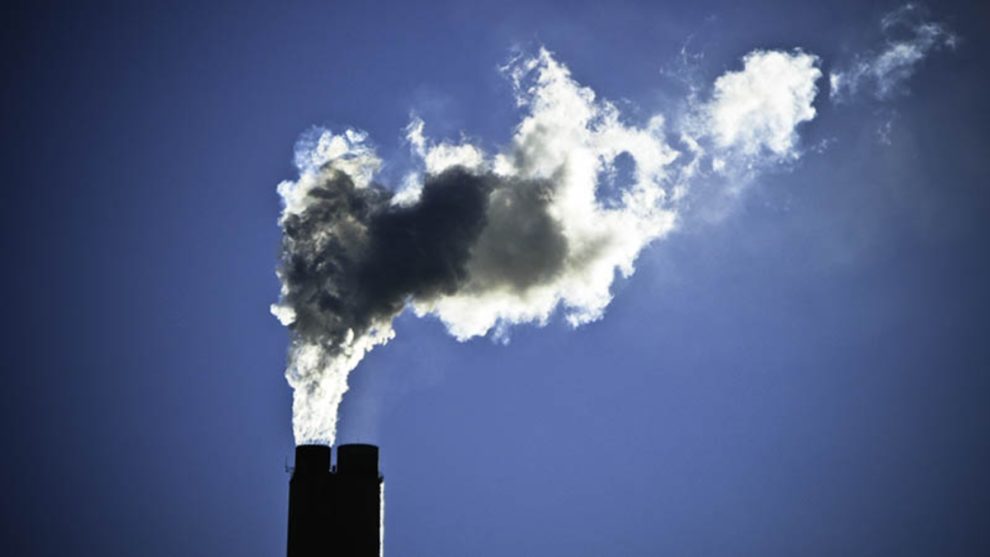Italy’s Eni said it will receive only 50 percent of the gas requested Friday from Gazprom, following accusations by Rome the Russian state-backed company was peddling “lies” over a series of cuts.
“Gazprom has announced that it will supply only 50 percent of what is requested (with actual delivered volumes almost unchanged with respect to the amounts delivered yesterday),” reducing supplies for the third day running, Eni said in a statement.
Several European countries, including Italy and Germany, are highly reliant upon Russian gas for their energy needs.
As tensions rage with the West over the Ukraine war, Russia has stepped up the energy pressure, slashing gas supplies to the continent in a move blasted as “political” by both Italy and Germany.
Gazprom said the supply reductions via the Nord Stream pipeline are the result of repair work, but EU officials believe Moscow is punishing allies of Ukraine, where Russian forces launched an invasion in February.
Italian Prime Minister Mario Draghi on Thursday rejected Gazprom’s excuses, saying the reasons “we are told, are technical”.
“We and Germany and others believe that these are lies.”
Draghi said state-owned Gazprom — which has said Moscow has every right to play by its own rules over the cuts — was using the gas supply for “political” ends.
Italy has been seeking to reduce its reliance on Russian gas through alternative sources, while also promising to invest more in renewables.
The gas squeeze, which pushes prices up, “has consequences, not immediately on consumption, but on stockpiling”, Draghi said.
EU countries have scrambled to wean themselves off Russian energy but are divided about imposing a natural gas embargo as several member states are heavily reliant on Moscow’s supplies.
